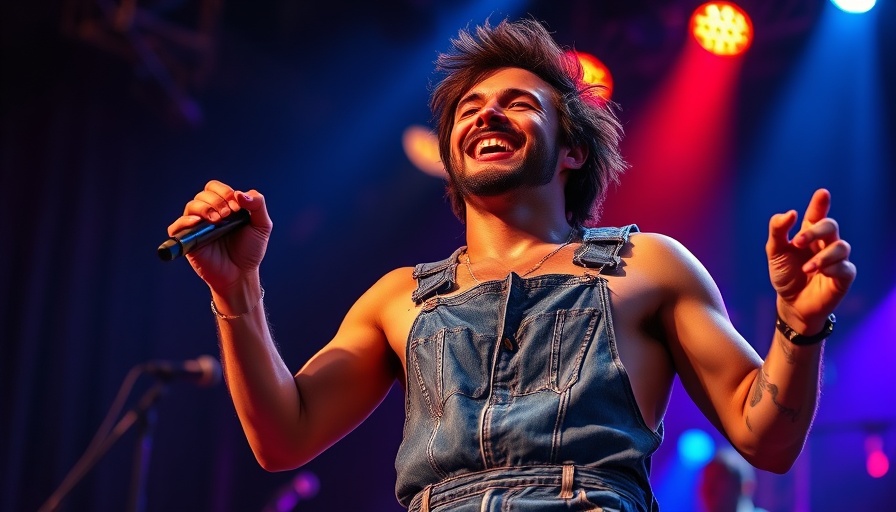
Bad Bunny's Super Bowl Performance: A Cultural Milestone Amid MAGA Controversy
The announcement that Puerto Rican superstar Bad Bunny will headline the upcoming Super Bowl LX halftime show on February 8, 2026, has ignited a fervent backlash from some MAGA supporters, emphasizing the ongoing cultural divide in America. With his powerful representation of Latino identity, political activism, and refusal to conform to traditional norms, Bad Bunny is seen by many as a polarizing figure.
Who is Bad Bunny? A Cultural Icon in His Own Right
Real name Benito Antonio Martínez Ocasio, Bad Bunny emerged as one of the world’s most streamed artists, thanks to his unique mixing of reggaeton and trap music, often performed entirely in Spanish. This choice to sing in his native tongue is a bold statement against the pressures to conform to English-language standards in the American music industry. He proclaims that his artistry is intertwined with his identity, saying, "I think in Spanish, I feel in Spanish, I eat in Spanish, I sing in Spanish." This cultural affirmation is crucial in a landscape where many still view Spanish as a secondary language.
Breaking Down the MAGA Backlash
The criticism Bad Bunny faces from MAGA supporters largely stems from his vocal opposition to former President Trump and his artistic choices that defy conservative ideals. Critics have labeled him as "anti-American," claiming his presence at the Super Bowl propagates a "woke agenda." This isn’t the first instance of controversy surrounding the NFL’s diverse halftime show choices, as past performers like Beyoncé and Kendrick Lamar have faced similar scrutiny for using their platforms to address social issues.
Bad Bunny's Message: Art as Activism
Bad Bunny has harnessed his fame to bring attention to significant political issues affecting Puerto Rico, especially in the aftermath of Hurricane María. His hits often reflect themes of resilience and resistance against political neglect, making him more than just a performer at the Super Bowl—he's a voice for his community. His upcoming show is anticipated not only as a musical spectacle but also as a potential platform for his political statement. He recently expressed, "this is for my people, my culture, and our history,” emphasizing the significance of his performance.
Viewpoints Collide: A Divide in the Audience
As Bad Bunny prepares to take the stage, public reaction is mixed. Supporters celebrate his contributions to music and culture, while detractors are vocal about their disapproval, arguing that the NFL is prioritizing a political statement over musical entertainment. However, such performances have become a tradition, with several previous artists using the halftime show to promote societal change. The juxtaposition of Bad Bunny’s Latin roots against America’s traditional music scene symbolizes a cultural clash that extends beyond sports entertainment.
Why Representation Matters
Bad Bunny’s presence at the Super Bowl signifies a monumental recognition of Latino artists in mainstream media. As the nation grapples with issues of race, identity, and representation, his performance may serve as a cultural touchstone—a celebration of diversity amid a contentious political climate. Ultimately, Bad Bunny’s headlining act is not just about music; it’s about identity, culture, and the push for inclusivity in a traditionally white space.
In a society that is increasingly divided, Bad Bunny stands as a testament to cultural resilience and the power of music as a unifying force. The Super Bowl halftime show on February 8 promises not only to entertain but also to challenge and expand the boundaries of what American pop culture can include. As he steps onto the field, he carries with him not just the hopes of his fans but also a narrative that speaks volumes about the current state of American identity.
 Add Row
Add Row  Add
Add 




Write A Comment